How to Get Better Sleep in 2019
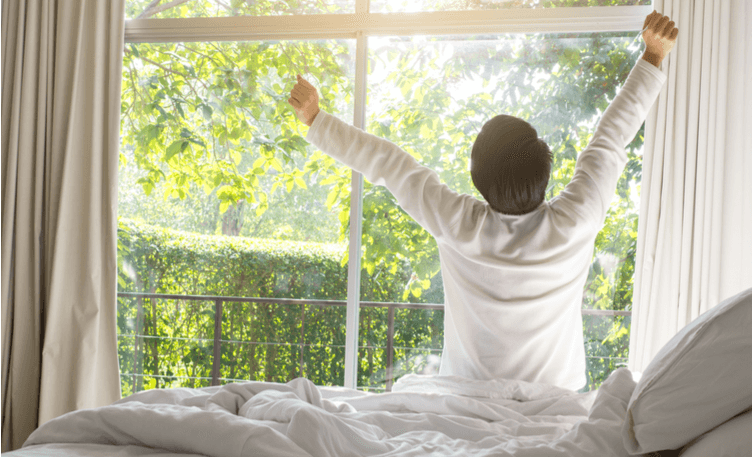
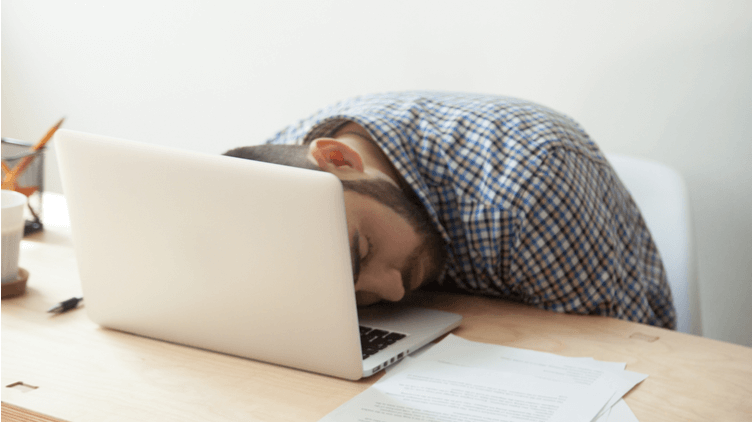
Poor sleeping habits can have an adverse impact on your mental health, disrupt hormone production and raise your risk profile for lifestyle diseases like heart disease. Learn to right your sleeping habits today with our guide to good sleep.

Our bodies have internal timekeeping mechanisms called circadian clocks that ensure that we fall asleep and wake up on time every day. Daily exposure to natural sunlight helps synchronize these natural clocks (circadian rhythms) and can help you fall asleep faster, especially if you suffer from sleep disorders like Insomnia.

While it is beneficial to expose your body to bright light in the daytime, exposure to the same during the night can be highly detrimental to your sleep cycle. Bright device displays like laptops and mobile phones emit harmful blue light that can not only trick your brain into staying awake but also reduce the production of sleep causing hormones like Melatonin.

Coffee contains high concentrations of stimulants like caffeine that can keep you up past your bedtime. It is important to avoid consuming caffeinated drinks late in the day as they can stimulate your nervous system for up to 8 hours, thereby preventing your body from naturally winding down during bedtime.

It is essential to have a strict sleep schedule to sync your natural circadian rhythms with the rising and setting of the sun. It is also important to avoid getting into the habit of having long naps during the day as this can disrupt your internal body clock as well as hamper melatonin production, thereby affecting your ability to naturally fall asleep.
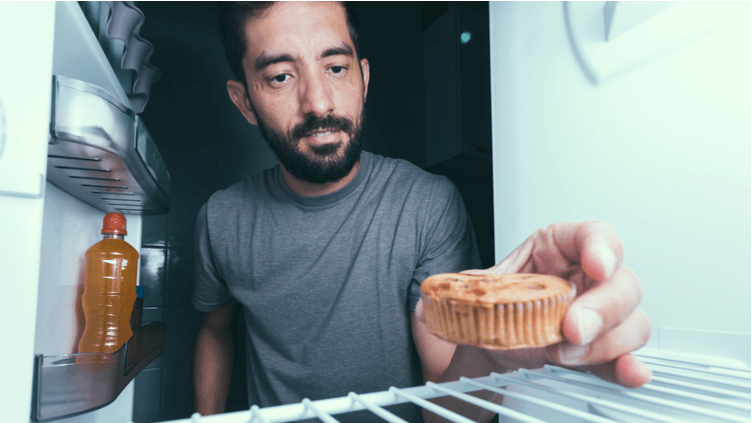
Do you generally end up having carb laden dinners close to bedtime? A habitual pattern of late-night meals can interfere with the natural release of essential hormones like Human Growth Hormone (HGH) and Melatonin, and severely hamper your sleep quality.

Having a daily exercise routine can do wonders for your sleep and general health. It is, however, important to avoid late night runs within 3 hours before sleep time. This is because late runs cause your body to release stimulatory hormones like adrenaline and epinephrine that can (in many cases) cause your body to stay up and alert past your bedtime.
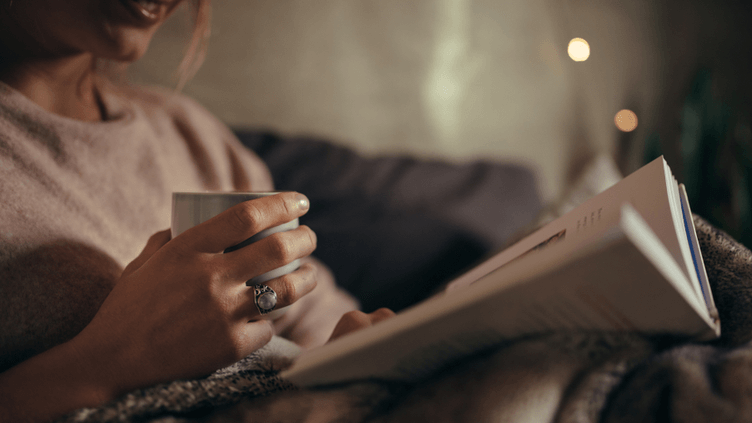
Struggling to wind down after a hectic day at work? Put away your phone and unwind your mind and relax your body with some gentle music, a warm bath, meditation or some light reading to gently de-stress your mind and prepare your body for bedtime.
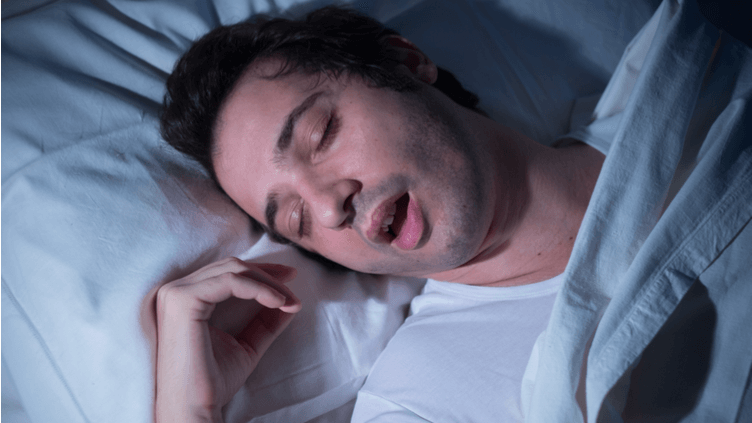
Tried all of the above tips and still failing to get a good night’s rest? Get yourself tested by a trusted physician to check for chronic sleep impairing health conditions like Sleep Apnea (caused due to impaired breathing) as they could be a latent cause for your sleep problems.






